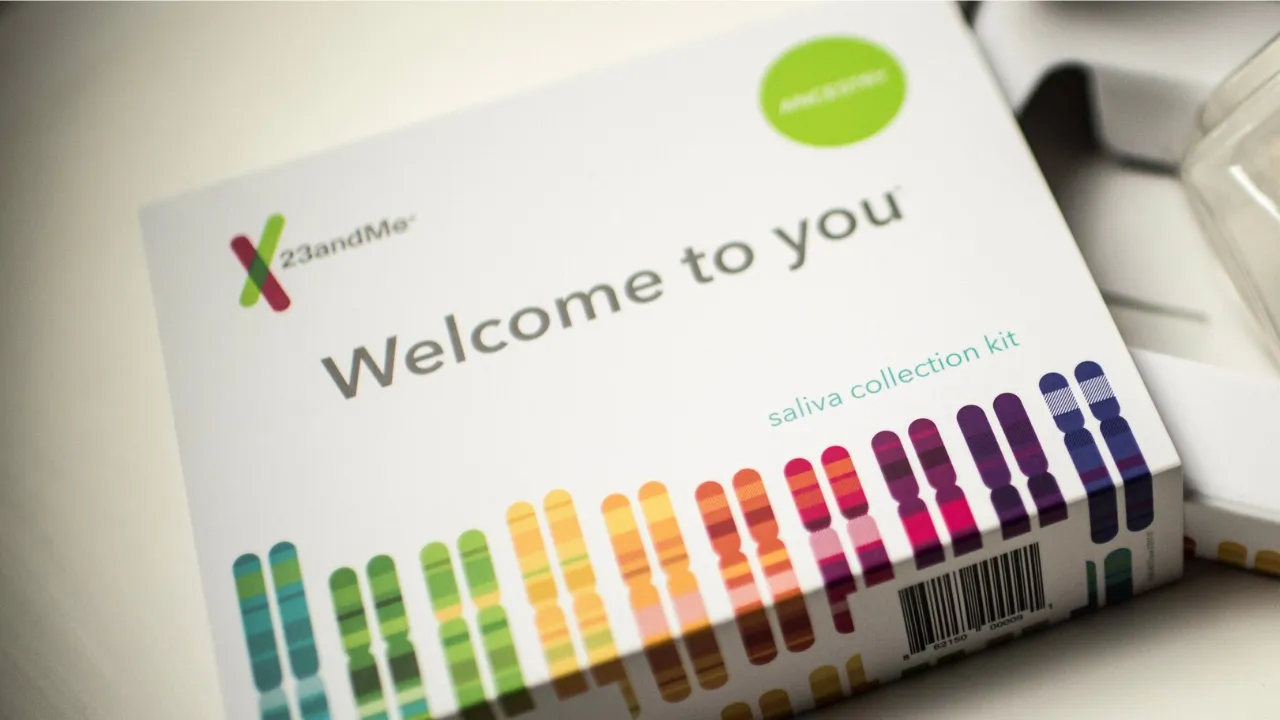Is Your DNA Safe? The Shocking Truth About 23andMe’s Data Crisis
In a startling turn of events, 23andMe, a prominent player in the personal genetics industry, has filed for Chapter 11 bankruptcy. This move has raised alarm bells regarding the security of its customers’ genetic data, leaving millions of users questioning the safety of their most personal information. As the company grapples with financial instability, concerns about potential data breaches and the misuse of genetic information are more pressing than ever.
The California Attorney General has issued a consumer alert, urging the company’s 15 million users to take immediate action to delete their genetic data from 23andMe’s databases. This warning comes in the wake of the company’s significant financial downturn, which has seen its valuation plummet from $6 billion to approximately $48 million since its IPO in 2021. The drastic reduction in value, coupled with leadership changes, has further fueled skepticism about the company’s operational integrity.
Experts have long emphasized the need for stronger protections for personal genetic information. In light of 23andMe’s uncertain future, many are calling for updated regulations to safeguard consumer data. Current laws like HIPAA do not extend to direct-to-consumer genetic testing companies, leaving a significant gap in legal protections for consumers. As one privacy advocate noted, “Consumers must be aware of the risks involved when sharing their genetic data, especially with companies that are facing financial instability.”
The situation is compounded by the fact that 23andMe has previously resisted sharing genetic data with authorities without proper legal justification. However, the fear remains that the ongoing bankruptcy could lead to the sale of customer data, raising questions about who might acquire it and under what privacy standards. Legal experts warn that the lack of federal privacy laws leaves consumers vulnerable to the misuse of their genetic information.
In 2023, 23andMe experienced a significant data breach affecting approximately 7 million customers, intensifying concerns about data security. The breach was a wake-up call for many users who had previously shared their genetic information without fully understanding the potential implications. As reports of the breach surfaced, customers expressed frustration, with some claiming that the company had shifted blame onto them rather than taking responsibility for the security lapse.
The ongoing turmoil at 23andMe serves as a cautionary tale for consumers considering genetic testing services. Many individuals are unaware of the implications of sharing their genetic data, as they are often treated as consumers rather than patients under existing laws. This lack of awareness can lead to a false sense of security regarding the privacy of their genetic information.
In light of these developments, users are advised to take immediate action to delete their data. The company’s financial instability poses significant risks to data safety, and the potential sale of its assets could lead to genetic data being acquired by companies with different privacy standards. As one concerned user stated, “I never thought my DNA could end up in the hands of someone who doesn’t prioritize privacy.”
The partnership between 23andMe and GlaxoSmithKline, which allows the pharmaceutical giant to access customer data for research purposes, has also raised ethical concerns. While such collaborations can lead to advancements in medical research, they also highlight the need for transparency and informed consent. Many customers are unaware that their data could be utilized in ways they did not anticipate.
State laws regarding genetic data protection vary significantly, with some states offering more robust consumer rights than others. This patchwork of regulations complicates the landscape for consumers, many of whom may not know their rights or the protections available to them. Experts warn that without comprehensive federal privacy laws, consumers remain at risk of having their genetic information misused.
As 23andMe navigates its financial difficulties, the future of genetic testing services hangs in the balance. The potential collapse of the company raises critical questions about consumer trust in such businesses. Will users feel confident sharing their genetic data with other companies, or will the fallout from 23andMe’s crisis deter them from seeking genetic insights altogether?
In conclusion, the unfolding crisis at 23andMe underscores the urgent need for stronger protections for personal genetic information. As the company faces bankruptcy and scrutiny over its data privacy practices, consumers must be proactive in safeguarding their genetic data. Deleting data from 23andMe’s databases may be a prudent step for users concerned about their privacy. The situation serves as a stark reminder that the intersection of biotechnology and personal data requires vigilant oversight and informed consent from consumers. As one expert aptly put it, “In the age of genetic testing, knowledge is power, and consumers must empower themselves to protect their most intimate information.”






Leave a Comment